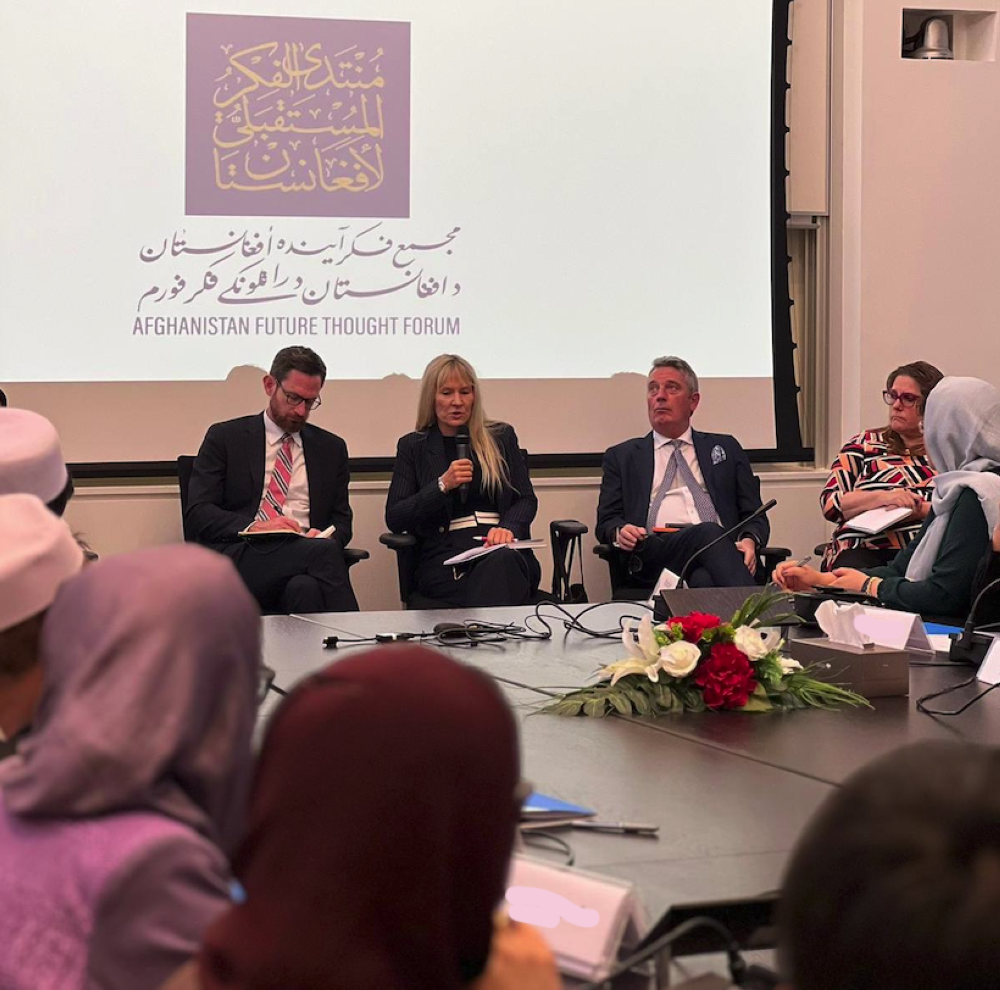Facilitated by Prof Sultan Barakat from Hamad Bin Khalifa University’s College of Public Policy and supported by Qatar and the Norwegian Ministry of Foreign Affairs, three days of open and engaging dialogue amongst Afghan leaders concluded at Education City’s Minaretein Building recently.
The dialogue represented the sixth session of the Afghanistan Future Thought Forum (AFTF) under the chairmanship of Fatima Gilani, a distinguished Afghan political leader and women’s rights activist.
The AFTF is a diverse forum with 30 distinguished male and female members who reject armed conflict and represent various ethnicities and political persuasions from inside and outside Afghanistan.
It was initiated by Dr Barakat as the centerpiece of a wider action research project where knowledge gained leads to both policy changes and bridging the divide between stakeholders.
The 6th session of the AFTF discussed the issues of aid, humanitarian assistance, inclusivity, and development in Afghanistan at a time when there is no recognition of the government and little direct contact between the Taliban and international community.
Senior professionals from the World Bank, USAID, and the United Nations Development Programme briefed the participants on the logistical and developmental challenges facing the country in the absence of effective dialogue.
Speaking after the conclusion of the AFTF, Dr Barakat said: “The need to maintain lifesaving aid while reducing banking constraints and expanding livelihoods and private sector assistance was emphasised. AFTF members reiterated that the rights of women to education and work in accordance with Islam must be promptly restored.”
The final session of the forum constituted a unique opportunity for a direct dialogue between the Afghan participants and senior representatives from the US, the UK, Norway, Germany, Finland, Netherlands, Canada, Türkiye, Tajikistan, India, Spain, Sweden, Pakistan, Australia, and the European Union.
There was an overall agreement on the importance of AFTF as an effective Track-II platform to continue intra-Afghan dialogue and help avert a humanitarian crisis.

Some of the participants at the forum.
